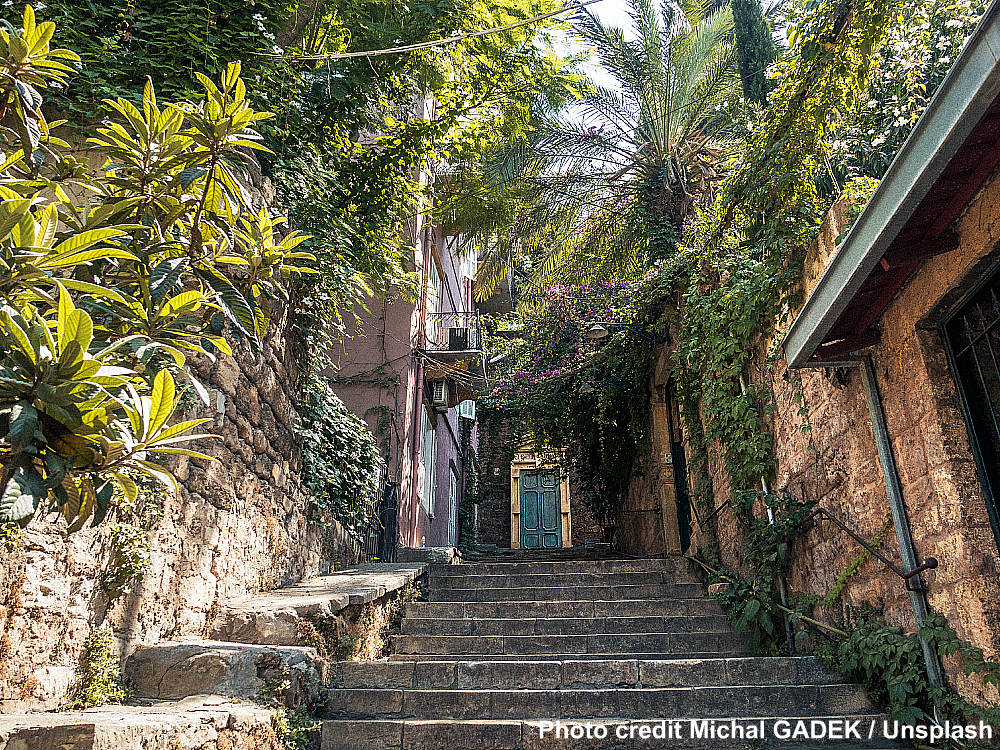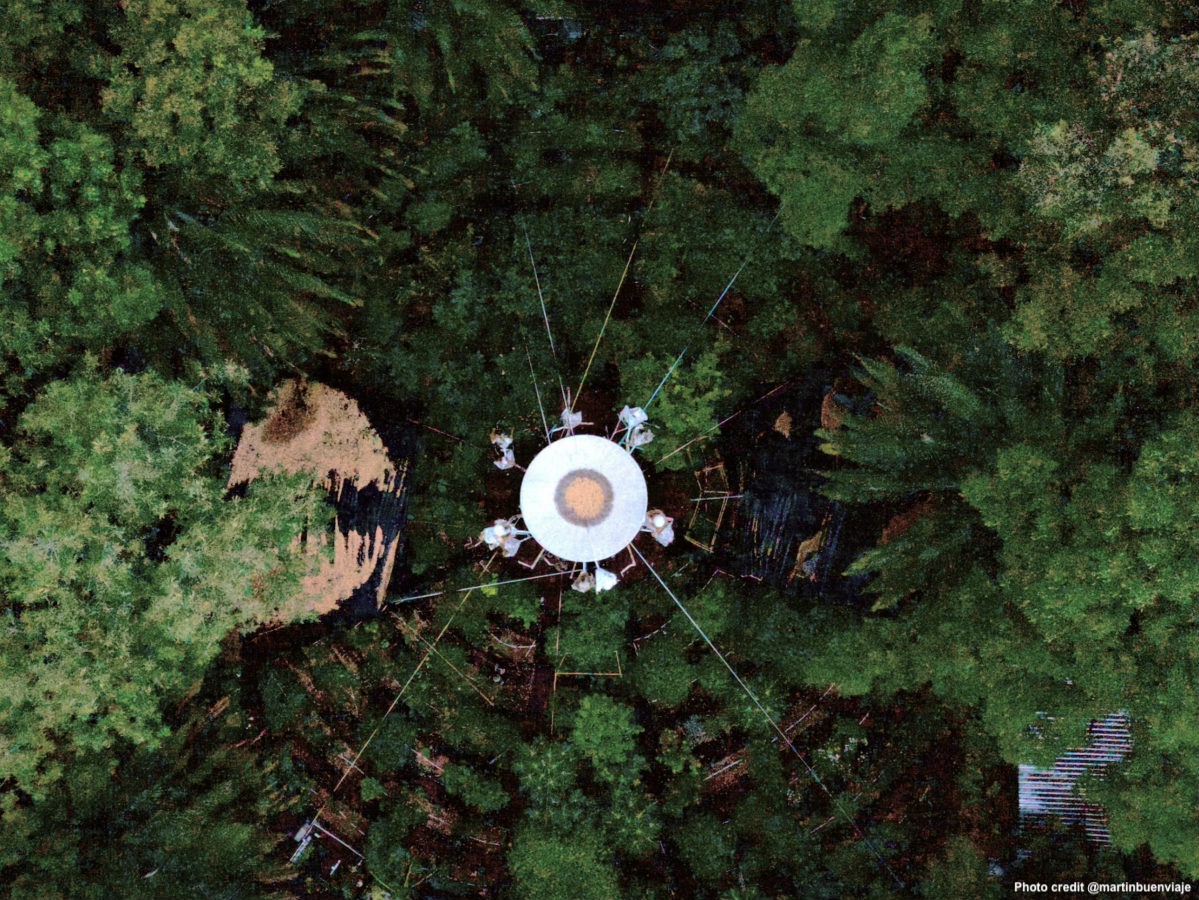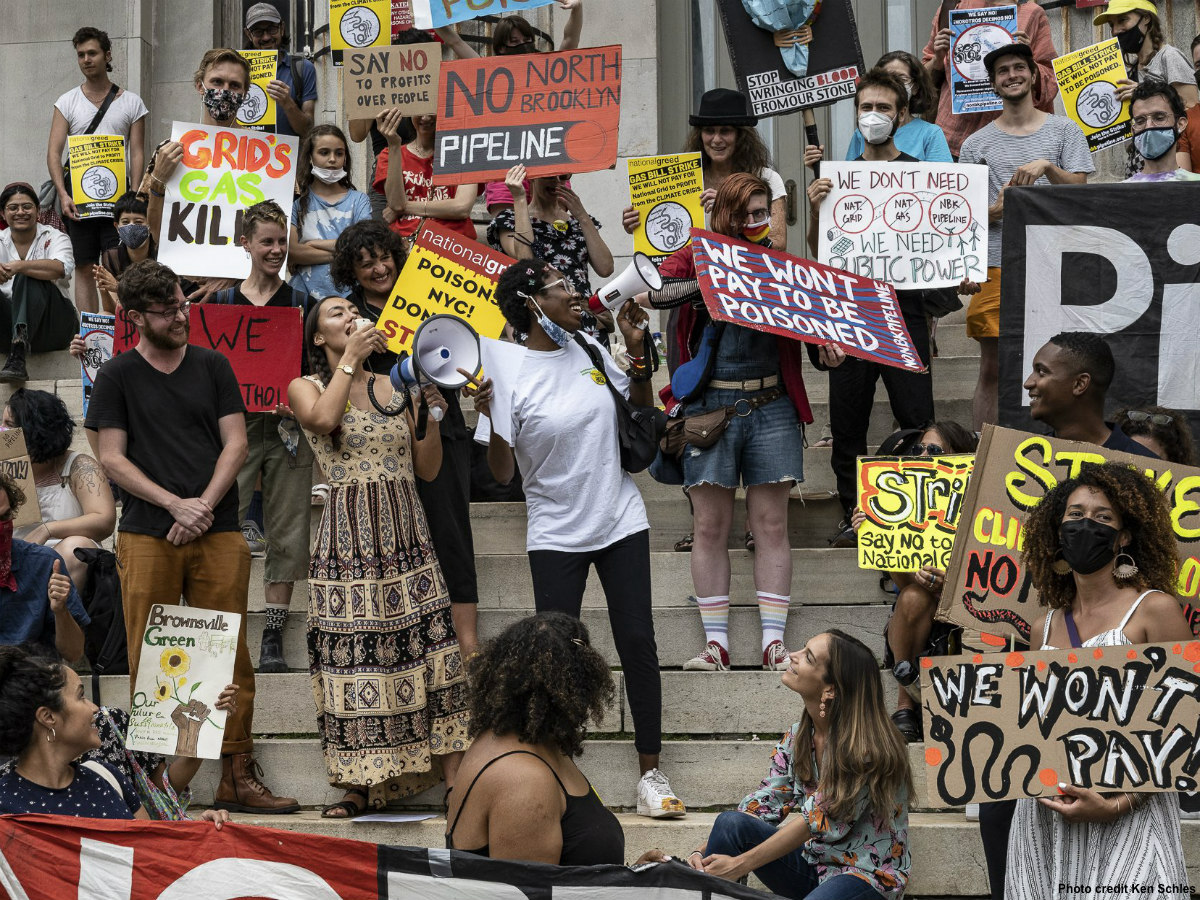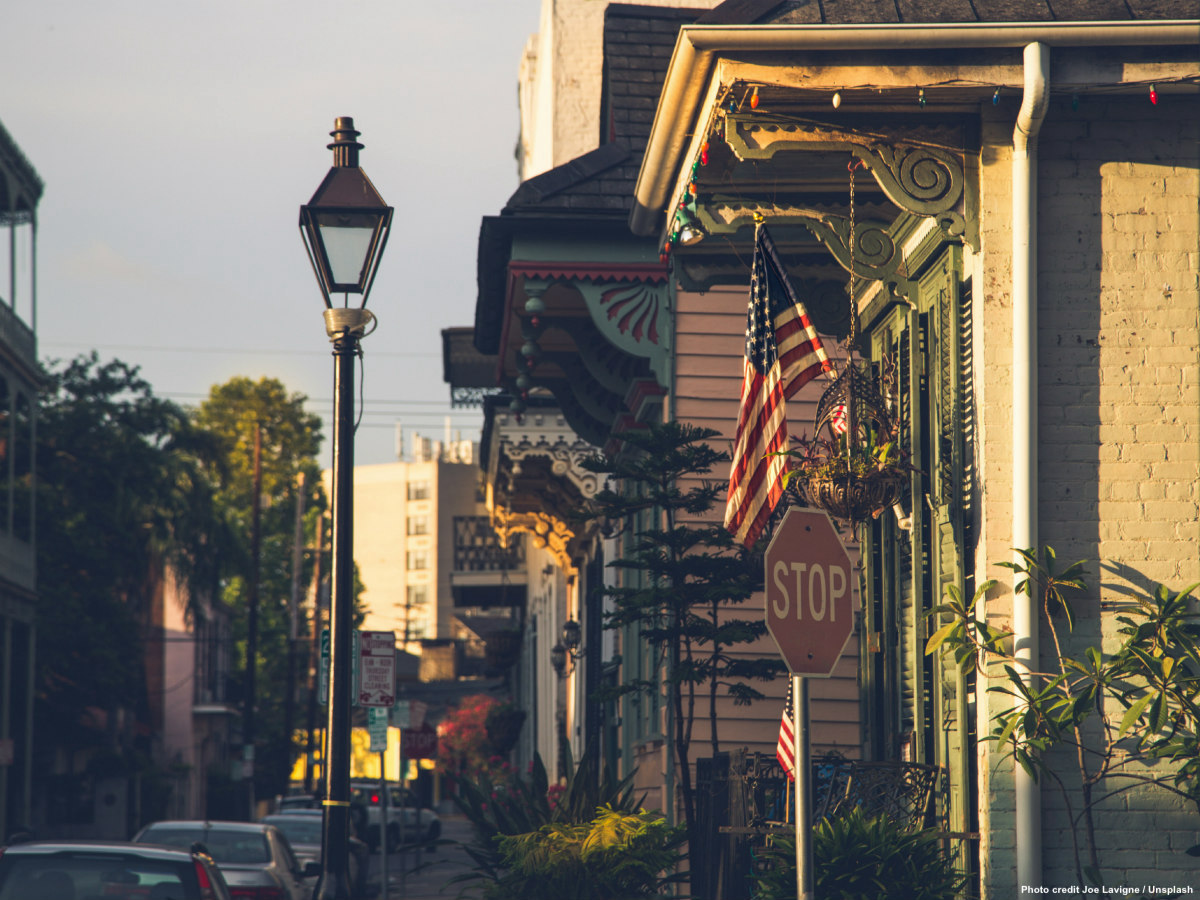While in some cities people have become urban gardeners as a kind of cognitive therapy during the lockdown, urban gardening in Beirut is a prompt response to encounter a food crisis. In a country with a beautiful topography, 12% of arable land and a mild climate suitable to every crop, Lebanon hasn’t put as much attention to food corridors as its well-known cuisine. Lebanon imports 80% of its food. The economic crisis has brought to the surface a serious food security issue.
As the country dips into recession, with a worsening currency crisis, prices have skyrocketed, exposing a more urgent and alarming issue than food availability. The numbers published in the recent paper ‘Going hungry: The empty plates and pockets of Lebanon’ supported by the Konrad Adenauer Foundation are a revealing indication of the situation. According to this study food prices have risen by 55% since early 2019, while imported food prices – which is usually purchased with the country’s foreign currency reserve – have seen more significant increases, strongly impacting the most vulnerable groups of the Lebanese social fabric.
A local group, taking up community-minded activities in Beirut, has created one of the very few urban agriculture initiatives in Lebanon. ‘The idea is simple: It is cheaper to grow your own vegetables rather than buying them from the market’, explains Patrick Geara, the urban activist behind the initiative.
He is a last year civil engineering student at the University of Saint Joseph in Beirut, and also president of Rotaract Club of Beirut Center. Rotaract is short for “Rotary in action” and it is a representation for Rotary International youth of age between 18 and 30 years old. Geara has been an active member in his club over the past four years, trying to tackle the actual challenges facing the city. He uses his network to encourage Lebanese youth to initiate new concepts that could contribute to the local economy and improve living conditions in Beirut.
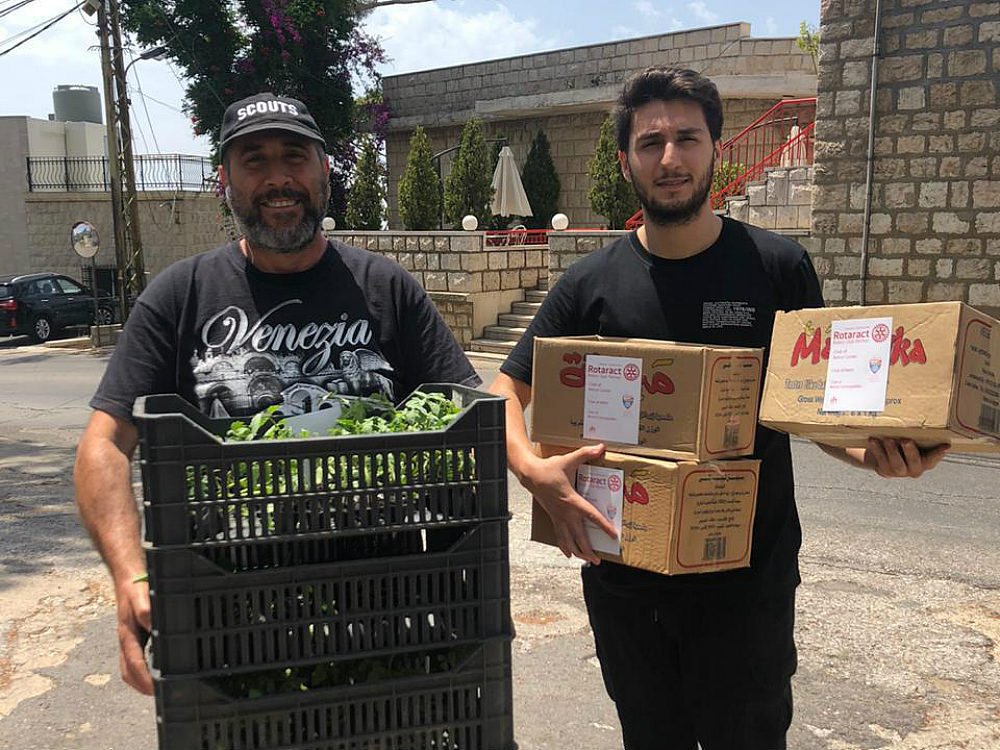
With this in mind Geara and his team have distributed boxes with seedlings of vegetables to residents, hoping they will one day become devoted urban gardeners. They rely on the benefits of urban agriculture to decrease people’s food expenditures as well as using it as an eyeopener for families to foster self-sufficiency in the face of a food crisis in Beirut and around the country.
Urban gardens are Beirut’s response to hunger
‘We wanted to create a simple way to introduce urban agriculture for everyone to grow food in their empty lots, balconies, roofs or land’, explains Geara.
They presented the idea to different Rotaract clubs around the country, bringing on board four of them willing to participate in fundraising and expanding the project not only in Beirut, but also in Metn and Jbeil.
After raising enough funds, they looked for collaboration with different NGOs to identify the right beneficiaries of the initiative and approach the families. In addition, an agriculture consultant helped them to purchase the seedlings for the plant boxes and to prepare a simplified brochure in Arabic, which includes easy steps and illustrations on how to transplant, irrigate and maintain the seedlings. One of their sponsors also contributed with the logistic part and transportation, providing them with a storage space free of charge for two days, where they could store and take care of the plants until they were safely delivered to the different locations.
‘We successfully reached 520 families with plant boxes at 10 different locations. Each box contained 20 – ready for transplanting – seedlings of 4 different vegetables (tomatoes, cucumber, zucchini, eggplants) to increase the chance of successful production’, explains Geara.
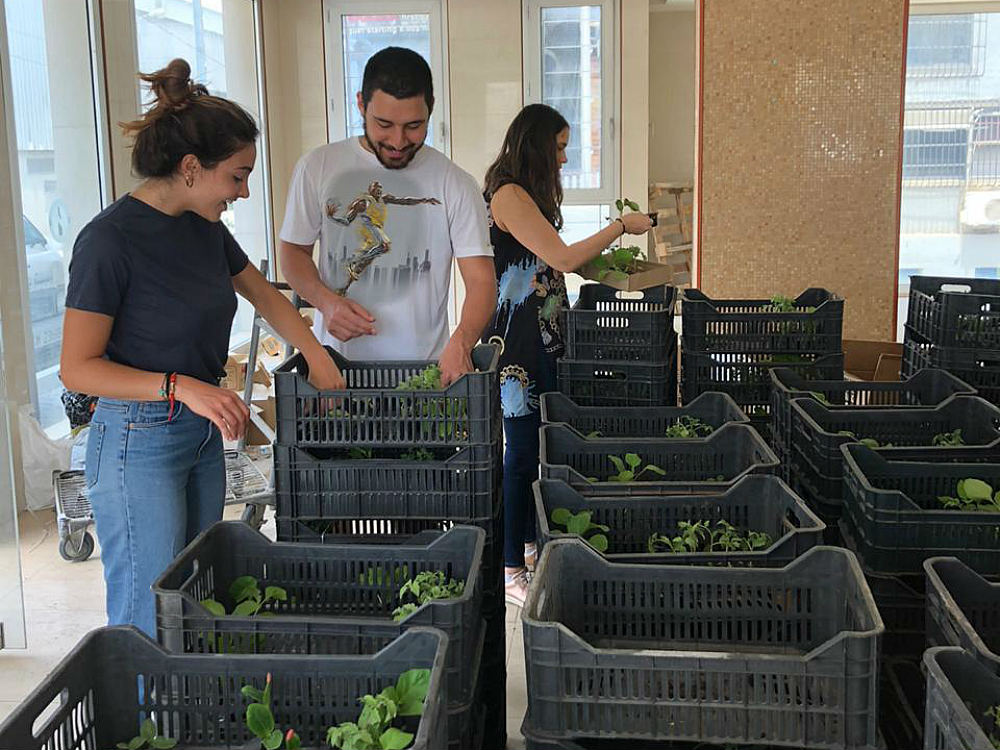
‘Once they delivered the seedlings to the families, the NGOs started requesting more plants to fulfill an increasing demand. We proposed that some seedlings could be grown at their premises. The harvest could either be distributed directly among the families as giveaways or to be used in the NGO’s kitchen to cook food also for the community’, added Geara.
Accelerated by COVID-19, the food crisis in Beirut has its roots in an endemic problem
According to a study conducted by the Food and Agriculture Organization (FAO) in 2015, it was estimated that 3.3 million people living in Lebanon are in need, of which 1.35 million were in need of food, also as a consequence of the Syrian war since 2011. The majority (83%) of the people in need of food are Syrian refugees – the highest per capita percentage in the world are residing in Lebanon- , the rest are Lebanese households and Palestinian refugees. Currently the food crisis in Beirut also affects a big part of the middle class.
The Covid-19 pandemic has also led to an aggravated situation, where logistics of imported food supplies are becoming harder, slower and more expensive impacting food access on a household level.
‘Luckily we managed to distribute the boxes in April, as originally planned, right before the Corona virus started spreading and the country was going into lockdown. I think it was the perfect timing to raise awareness on the importance of growing food locally’, affirms Geara.
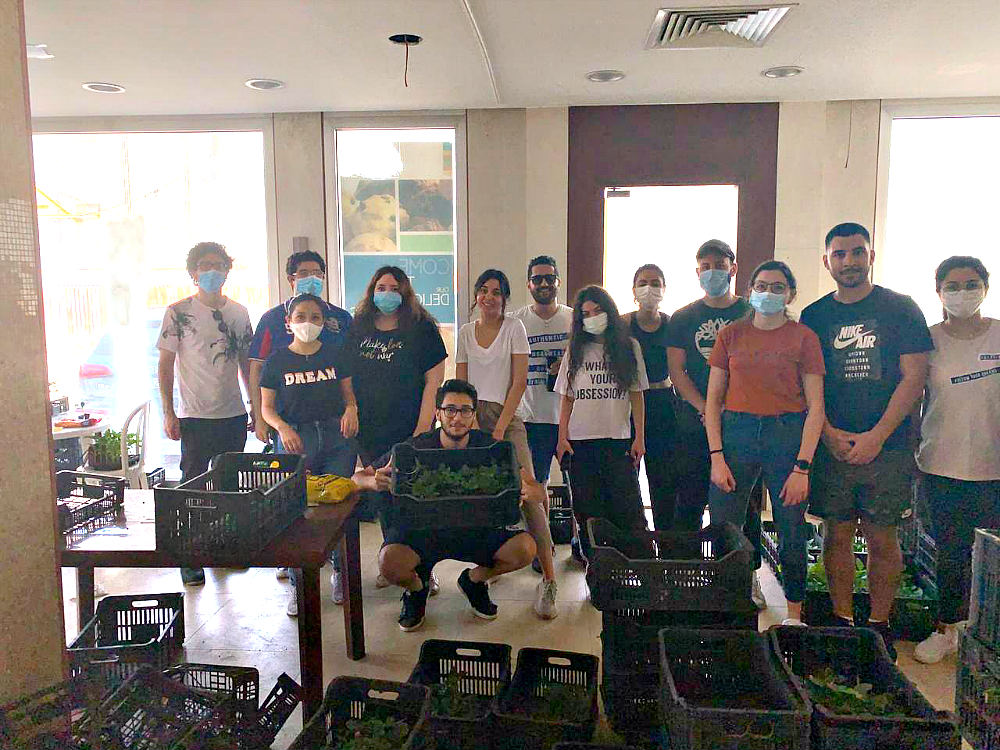
Food security has been a persistent issue facing the vast majority of the countries in the MENA region. In Lebanon agriculture is the least popular economic sector attracting only 20%-25% of the total workforce (including part-time and seasonal work on family plots) and contributing less than 3% of the country’s GDP. Ironically, the country is ideal for agriculture as it has water availability, soil fertility and the highest proportion of arable land in the Arab world.
With the economic instability that Lebanon is living through, Geara strongly believes in small scale initiatives to transform the way people go about food sources and supply. This effort could ultimately have a positive and bigger impact on communities through time.
If everyone starts planting at their own house and utilizes the locally grown produce at their kitchens, that would be the milestone to build an agriculture culture among Lebanese.
‘This initiative is just the first step to create an agriculture-independent country. I wish one day we can stop importing different types of crops and depend fully on our locally grown products’, claims Geara.
Urban gardening builds trust among citizens for more harmonious societies
Additionally, Geara and his team have experienced first hand the social benefits of urban agriculture. The process of planting and maintenance have brought families and neighbours together. ‘We have seen groups working collaboratively and social bonds being reinforced through shared agriculture practices’, added Geara.
As already proven in other urban agriculture projects in cities from Budapest to Cairo, this local scale effort of self-sufficiency ignites a sentiment of resilience, which promotes social cohesion in cities. This is specially needed when so many different cultures displaced by wars and conflicts – settled because many have stayed, not returned – have become part of what makes Beirut a city throughout its history.
With the rising numbers of Syrian refugees in the last years, urban agriculture through time could be a supporting tool to decrease the burden on the Lebanese local food systems, as well as building new capacities among such communities thriving in search for economic support and new means of employment.
Furthermore, urban agriculture could also help improve the aesthetics of their settlements and increase access to green spaces, which- as a representation of hope- has proven to have positive social and therapeutic effects and improve the general mood, supporting anyone passing through hard times.
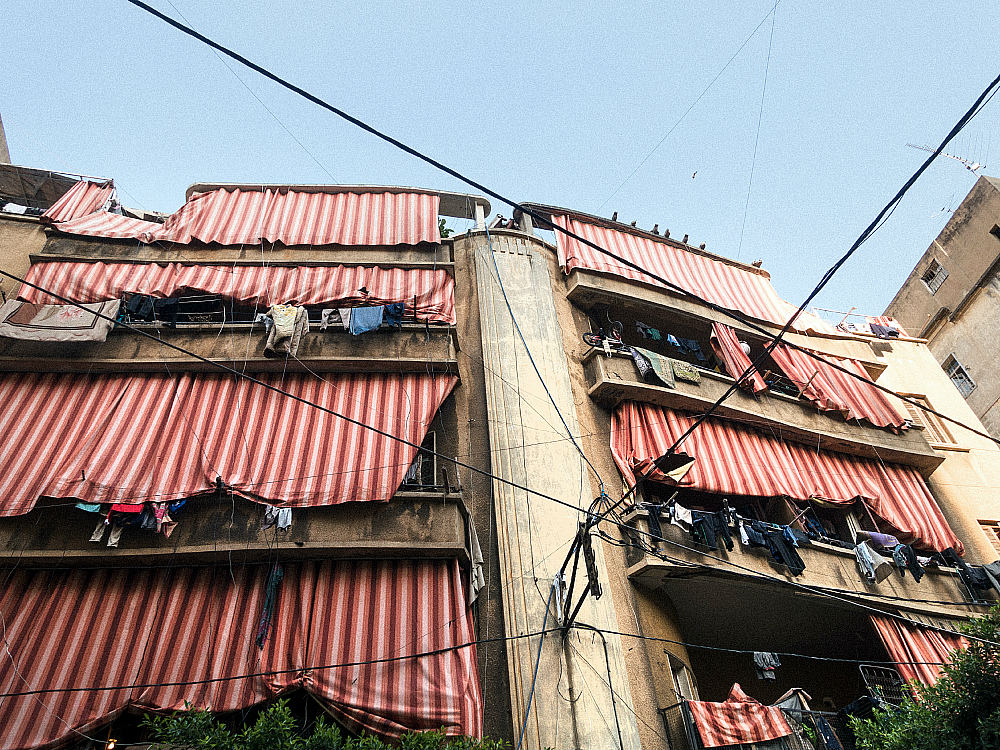
With all these benefits, Geara’s network of urban activists at the Rotaract clubs of Lebanon will not rest and leave the initiative without capitalizing on the project’s success, conducting further research, and using their connections with agriculture specialists to find out new ideas that could support the spread of this concept.
‘It is only the beginning for us. Of course there is always room for improvement and many more things that we can do to keep the project working. We are fully aware that, at some point, the families might need more supplies to sustain the planting activity. Therefore, we want to do the project as sustainable as possible’, says Geara.
The future of urban agriculture in distressed Lebanese cities
With the arising constraints caused by Covid-19, devaluation of the local currency and hikes of food prices, how will they be able to continue the support for urban agriculture projects in Lebanese cities?
The urban agriculture concept – sadly as in many cities in the MENA region – is still in its infancy. Most MENA governments have no policies or incentives that can steer and/or support urban and peri urban agriculture practices at their main cities.
‘I wish that Beirut’s municipality would support the initiative and work on a bigger plan to encourage local communities to grow their own food on their roofs, balconies or gardens’, says Geara stressing on the role of the government in helping local NGOs disseminating the concept of urban agriculture.
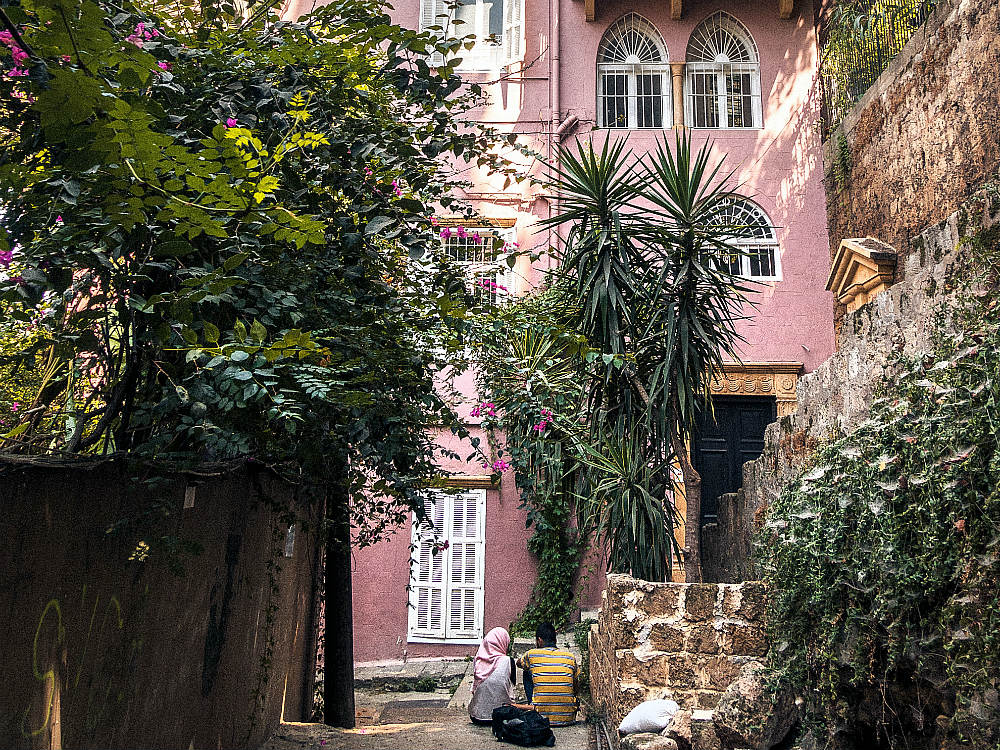
At present Geara and his team have the support of the Rotary club that is planning to expand the scale of the project on a national level to include more Rotaract clubs, meaning more funds donated and more outreach to additional families suffering from the food crisis in Beirut and beyond.
‘I encourage every young Lebanese to dedicate some of their time to support others. There is a lot to develop in our country. If you have an idea that would support us or others, don’t hesitate working, collaborating and capitalizing on it’, animates Patrick Geara.
Patrick Geara and this team are planting the seeds of hope for a lasting social and economical impact in Beirut and other Lebanese cities. Urban agriculture would be exactly what a stressed-out city needs right now. As yet, they are trying to curb hunger.
